According to Mr. Mraz, it has also become clear that Donald Trump sees himself as some type of insurance company. Therefore, Europe would do well to focus on itself and try to protect itself, because the United States - if Trump wins - will no longer provide free defense services to any country; this is something that we can all kiss goodbye to. The analyst argued that this was one of the reasons why Viktor Orban said the EU should be an economic, rather than a political union, which ought to be complemented by a defense union.
Mr. Mraz described PM Orban's view - that the so-called Paris-Berlin axis in Europe has disappeared and that Germany and France are no longer capable of governing Europe - as an exciting new idea.
"Paris thinks but doesn't act, while Berlin pursues a 'follow' policy," the analyst said, adding that Germany has essentially let go of the idea of running Europe together with France. The question is how they will react to the fact that, as PM Orban mentioned in his speech, control has been taken over by states further north.
Commenting on the premier's recent speech, the head of the Nezopont Institute recalled that
according to Mr. Orban, when the European People's Party joined forces with the leftist-liberals, it became detached from its voters. While the right wing and the Patriots are pursuing non-elitist policies, the elitists are looking down on people who - in return - look back down on them. This has created a grave conflict between the people and European elites.
Concerning PM Orban's thoughts on the Russia-Ukraine war, Mr. Mraz pointed out that Viktor Orban's peace mission had done much to help him understand the mindset of the players, which - in the case of Ukraine - meant a rather aggressive desire to join the West and be recognized as some kind of border-guard state.
The Russians, on the other hand, as PM Orban said, want Ukraine to remain a buffer zone; otherwise, they will perceive it as a threat.
According to the analyst, it was not by chance that Viktor Orban emphasized that these two views should somehow be turned into a compromise to achieve peace.
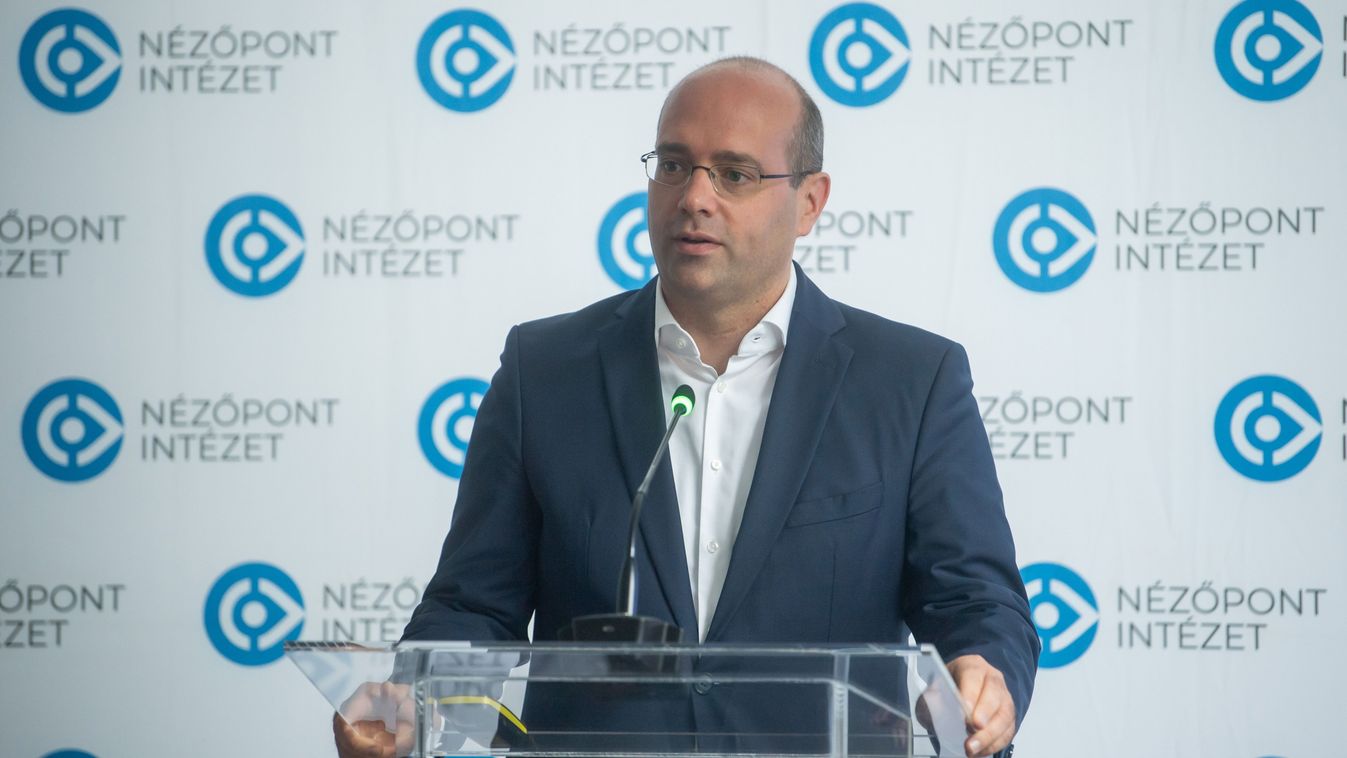


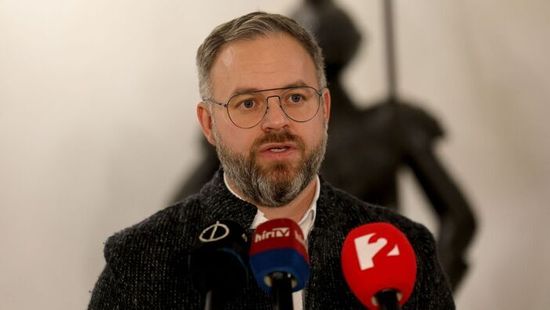
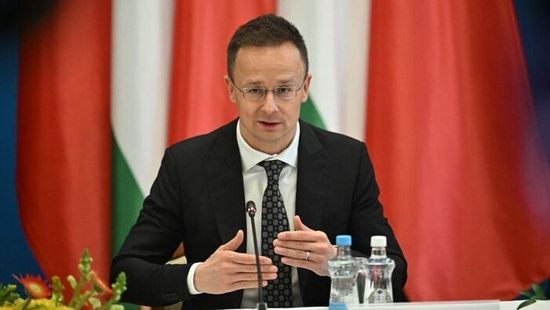


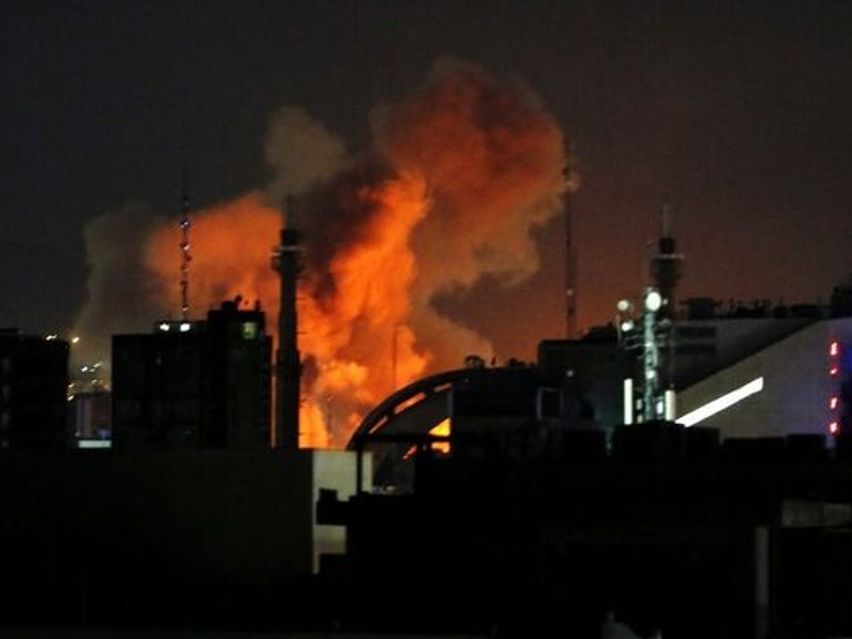
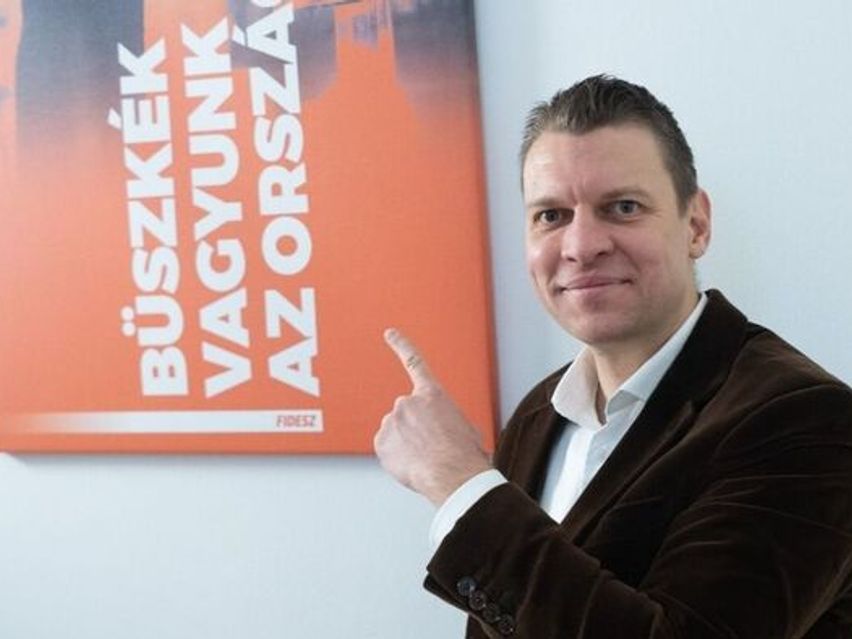
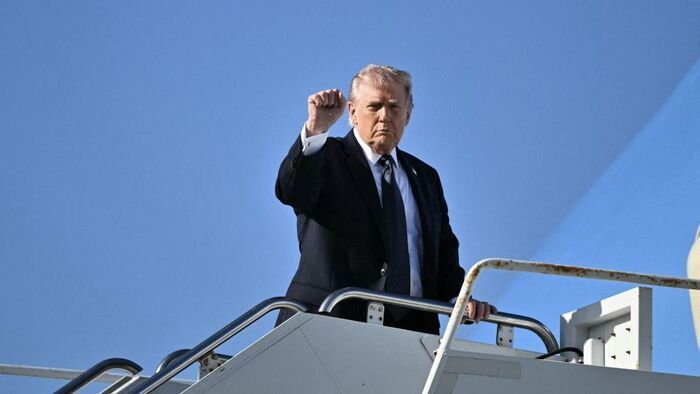


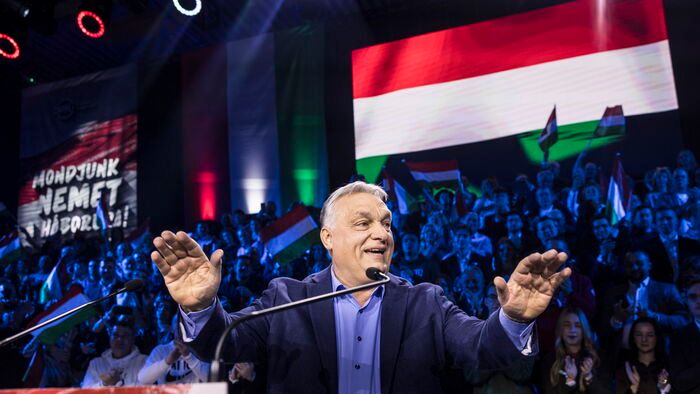







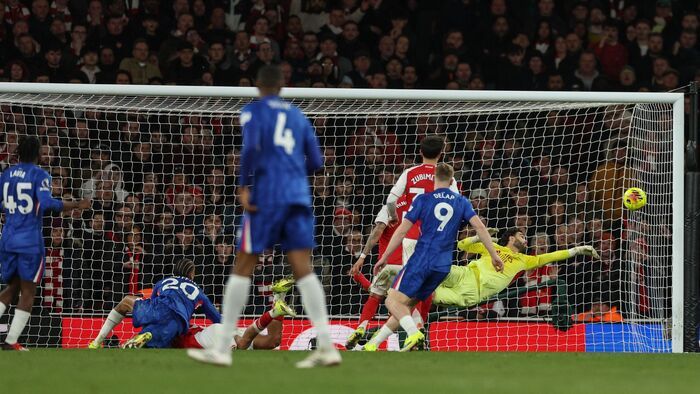


Szóljon hozzá!
Jelenleg csak a hozzászólások egy kis részét látja. Hozzászóláshoz és a további kommentek megtekintéséhez lépjen be, vagy regisztráljon!